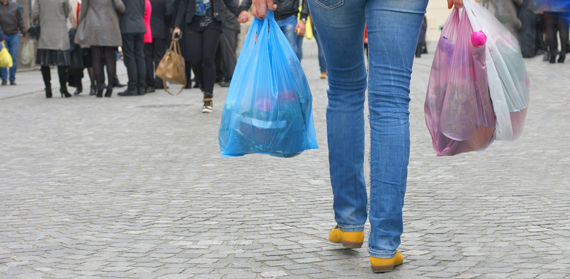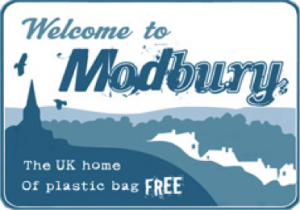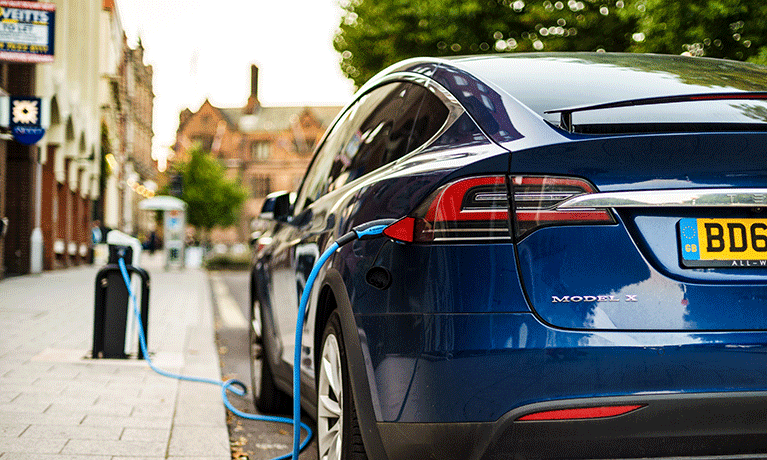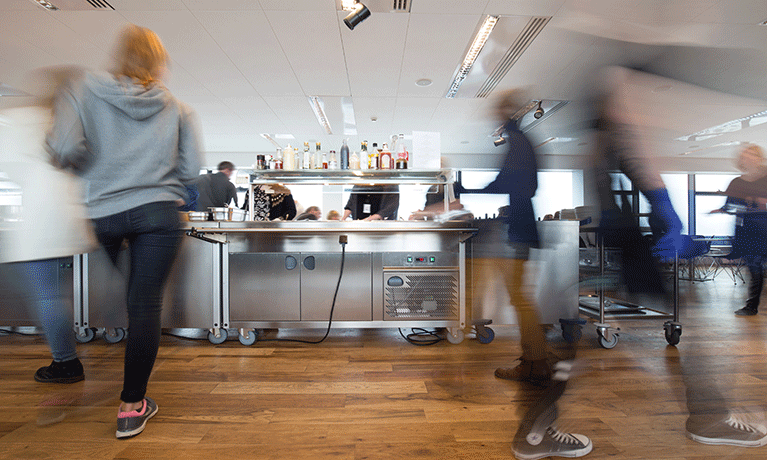By Professor Marylyn Carrigan, Centre for Business in Society
October 5th 2015 marks the introduction of the 5p charge by retailers to customers who want to use a plastic carrier bag. Although shoppers in Scotland, Northern Ireland and Wales have been charged for some time, English legislation has been dragging its heels in committing to reduce the mountain of plastic bags that devastate the global environment and wildlife. The aim behind the introduction of a 5p charge is to stop shoppers using as many new bags, and encourage people to re-use old ones. As the BBC reports when Wales started charging 5p per bag in 2011 it saw a 71% drop in the number used by customers. Scotland and Northern Ireland introduced their charges in 2014 and 2013 respectively and have also seen significant drops in usage – 12.8% in Scotland and 42.6% in Northern Ireland.
Many of the objections that were raised about consumer complaints have quickly dissipated as the disruptive legislation established new norms of behaviour, and people have learned to bring their own bags when shopping. This is a minor inconvenience that most people accept when pitched against the global good it delivers. Worldwide annual consumption of plastic bags is estimated at between 500 billion and 1.2 trillion (www.reusablebags.com), and while it’s true that plastic bags may not be the most pressing or catastrophic aspect of the global waste problem they represent an integral part of consumer life worldwide and are an iconic representation of our unsustainable lifestyles. Plastic bags are an entry point to engage people in their immediate community to change their behaviour, and one that links people to the ecological worldview. The environmental problems created by the disposal of plastic bags are considerable: plastic bags do not biodegrade; they photograde, breaking down into ever smaller pieces that contaminate soil, waterways and oceans. Ingested by wildlife who think they are food, they kill species such as turtles, seals, whales, and sea birds; plastic bags are often responsible for clogging drains that cause flooding in the monsoon season in countries such as Bangladesh, while urban and rural landscapes worldwide are blighted by the ubiquitous litter of plastic bags.

The UK government are aiming for an 80% reduction in plastic bag use in supermarkets, and a 50% fall on the high street. Of course, it is a welcome if somewhat overdue initiative, but there are many anomalies in this ‘landmark’ event: plastic bags at airport shops or on board trains, planes or ships, will not be included, and small plastic bags will still be used at checkouts to cover packages of raw meat and other potential ‘contaminated’ products. But perhaps the biggest missed opportunity to really make a difference is that the charge applies only to shops or chains with 250 or more full-time employees. In effect, small businesses are left out, which is ironic considering that it was small business owners and small retailers that were at the vanguard of this ‘No plastic bag’ movement several years ago in 2007. Our paper[i] in the Journal of Business Ethics studied the plastic bag-free town of Modbury in Devon, highlighting the catalytic roles of 43 small retailers and traders in the town of Modbury whose initiative, creativity and sheer determination established what was to become the world’s first plastic bag-free town. Led by BBC filmaker and wildlife campaigner Rebecca Hosking, they overcame the considerable barriers to removing plastic bags from their town, scoping out alternative packaging that was both affordable and met the needs of small businesses that varied from the delicatessen to the hat shop. Packaging that was durable, hygienic, affordable or decorative was identified and sourced, and customers were also supplied with their own ‘reusable’ bags.
Modbury small business owners were passionate about their ability to change the world from their town; solidarity at a local level can address the larger issues, sustained by the community networks that small businesses represent and that engage in collective action beyond the state or market. The ability of small retailers such as those in Modbury to enact sustainable change in their community is evidence of the importance of small businesses in the wider corporate social responsibility debate. To date the contribution of small businesses has only received limited recognition, and it seems yet again in this latest sustainable initiative their potential contribution has been overlooked. Business for small businesses is personal; their community is often at stake in a far more direct and personal nature than with major firms. The collective duty of care shown by Modbury retailers towards their local and global communities challenges a key belief: that only big businesses can deal with big problems. Modbury is not an isolated case of small business power. The world’s first Fairtrade town, Garstang, which pioneered the global Fairtrade Towns movement, was initiated by another catalytic campaigner, Bruce Crowther the local vet, with the support of small retailers who sold, promoted and used Fairtrade products in their stores. The lessons of Modbury and Garstang should not be overlooked, and the contribution of small businesses to ambitious sustainable agendas should not be underestimated.
[i] Carrigan, M., Moraes, C. and Leek, S. (2011) Fostering responsible communities: a community social marketing approach to sustainable living, published online Dec 8th, Journal of Business Ethics, 100 (3), 515:534, DOI 10.1007/s10551-010-0694-8,





Comments are disabled